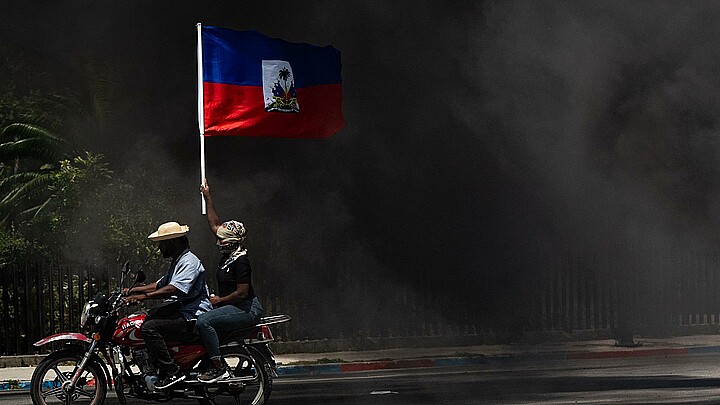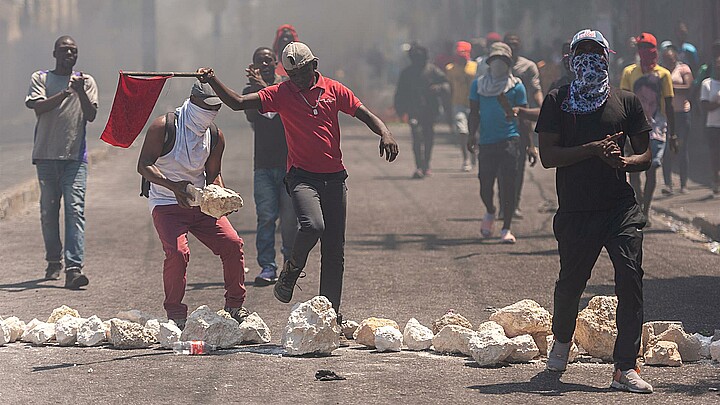Human Rights
Record number of Haitians face acute hunger, U.N. report says
Haitians are trapped “in a cycle of growing desperation, without access to food, fuel, markets, jobs and public services"
October 16, 2022 4:25am
Updated: October 16, 2022 9:12am
Around 4.7 million people in Haiti are facing acute hunger, including 19,000 individuals who are in catastrophic famine conditions in a gang-controlled slum in Port-au-Prince, according to a report released on Friday.
The U.N. World Food Program and Food and Agriculture Organization said that Haitians are trapped “in a cycle of growing desperation, without access to food, fuel, markets, jobs and public services, bringing the country to a standstill.”
Particularly affected is the Cite Soleil district in the country’s capital, where violence has rapidly increased, according to the report by the Integrated Food Security Phase Classification, which is a global partnership of 15 U.N. agencies and humanitarian groups.
The report, which categorizes food security on a scale from one to five, claims that around 19,000 individuals in Cite Soleil are currently in Phase five, meaning that they have an extreme lack of food and face famine, starvation, death, and destitution.
Additionally, the report claims that 2.9 million are in Phase 3 “crisis,” where people face gaps in food consumption and malnutrition, 1.8 million in Phase 3 “emergency,” categorized by large gaps in food consumption, acute malnutrition, and excess deaths.
“We don’t know necessarily how bad it’s getting, although it’s very clear it’s very bad, indeed. And we need to get access to people; we need to make sure that we can get food to people,” said U.N deputy spokesman Farhan Haq.
Haiti has been plagued by gang violence, violent demonstrations, a cholera outbreak, and food shortages.
Last month, Haitian Prime Minister Ariel Henry announced a fuel price hike, causing gangs to block the access to Haiti’s Varreux fuel terminal, one of the country’s main supplies of gasoline and diesel. As a result, businesses, hospitals, and public transit have ceased operations, leading to shortages of food and other goods.










